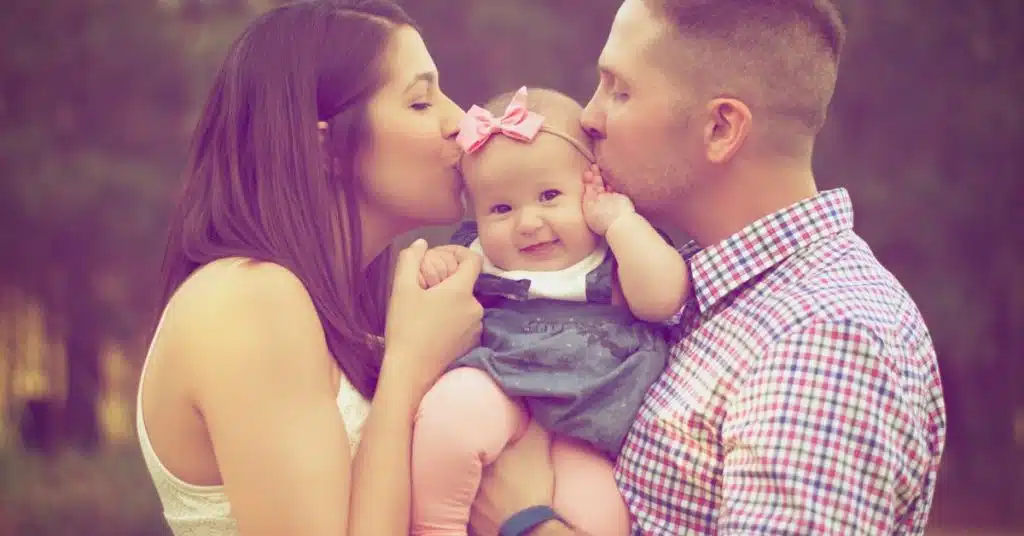Life’s journey is filled with various transitions that can test both individuals and couples. From marriage and parenthood to career changes and relocations, these transitions can bring stress and conflicts to relationships. Couples therapy offers a valuable opportunity for partners to navigate life changes together, fostering understanding, support, and growth.
In this article, we will explore how couples therapy can help couples embrace change, strengthen their bond, and navigate life’s transitions as a team.
Acknowledging the Impact of Transitions
Life transitions have a profound impact on relationships. Major changes like moving, having a child, or changing careers can cause stress and conflicts. In couples therapy, partners have a safe and supportive space to explore and share their feelings about these transitions. They can openly communicate their fears, concerns, and hopes related to the changes they are experiencing.
Through therapeutic discussions, couples gain clarity on challenges and understand each other better. Shared understanding fosters empathy and support, validating each other’s emotions. Through this process, couples can build a stronger emotional connection and feel more united as they navigate the transitions together.
In couples therapy, therapists guide partners in active listening and effective communication techniques. By openly expressing their feelings and concerns, couples can work together to find solutions and strategies to address the challenges that come with life transitions. This open and honest communication allows partners to feel heard and understood, which enhances their ability to support each other during times of change.
Building Resilience and Adaptability
Life transitions are inevitable and can be challenging for couples, requiring them to be resilient and adaptable. Couples therapy plays a vital role in helping partners develop these essential qualities. Through therapy, couples learn to view change as an opportunity for growth rather than a threat. Therapists assist partners in identifying their personal strengths and coping mechanisms to effectively manage stress and uncertainty that come with life transitions. By building resilience together, couples can approach challenges with a more positive and optimistic outlook, which strengthens their bond and deepens their emotional connection.
Therapists guide couples in exploring strategies to adapt to new circumstances as a team. Partners learn to navigate challenges hand in hand, drawing strength from each other’s support. By working collaboratively, couples can face life transitions with a greater sense of unity and trust. Couples therapy empowers partners to embrace change and work together to overcome obstacles, ultimately fostering a more resilient and adaptable relationship that can thrive amidst life’s changes and challenges.
Strengthening Communication and Collaboration
Strengthening communication and collaboration is essential for couples to navigate life changes successfully. Couples therapy provides a safe and supportive environment where partners can improve their communication skills. Therapists facilitate active listening exercises, teach non-judgmental communication techniques, and encourage partners to express their wants and needs openly and honestly. When couples practice active listening and communicate without judgment, it fosters an environment of unity and understanding within the relationship. This open and supportive communication enables partners to navigate challenges effectively, working together as a team.
Collaboration is key during life transitions, and couples therapy helps partners make joint decisions and set common goals. By reaching agreeable conclusions and equally dividing responsibilities, couples can tackle challenges with a shared sense of purpose. Effective communication and collaboration not only help couples overcome obstacles but also strengthen their bond in the process. Through couples therapy, partners learn how to effectively work together, communicate openly, and support each other, creating a solid foundation for a resilient and harmonious relationship amid life’s changes and transitions.

Nurturing Intimacy and Connection
Nurturing intimacy and connection is crucial during life transitions. Couples therapy offers a safe and supportive environment where partners can address the strain on their emotional bond. Therapists help couples explore ways to prioritize quality time together, rekindle intimacy, and express affection and appreciation for one another. By practicing awareness and being present with their partners, couples can overcome the distractions of daily life and deepen their emotional connection.
Therapists also encourage couples to engage in shared experiences and activities that promote intimacy and emotional closeness. By fostering an atmosphere of openness and vulnerability, partners can rediscover the emotional intimacy that might have been impacted by life changes. Couples therapy enables partners to nurture their emotional connection and strengthen their bond, even amidst challenging transitions. Through this process, couples can reestablish their emotional connection, enrich their relationship, and face life’s transitions together as a united and resilient team.
In summary
Lastly, life transitions can indeed present challenges for couples, but couples therapy offers valuable support and guidance to navigate these changes successfully. Through couples therapy, partners can build resilience and adaptability, enabling them to view change as an opportunity for growth rather than a threat. By acknowledging and understanding the impact of transitions on their relationship, couples can foster greater empathy and support for each other.
Moreover, couples therapy strengthens communication and collaboration between partners, promoting effective problem-solving and joint decision-making during life transitions. Therapists nurture intimacy, rekindle bonds, and equip partners with tools to embrace life transitions, supporting each other wholeheartedly.
References:
Doss, B. D., Simpson, L. E., & Christensen, A. “Why do couples seek marital therapy?”, 2004.
Snyder, D. K., & Balderrama-Durbin, C. Couple Therapy: A New Hope-Focused Approach, 2015.
Gottman, J. M., & Gottman, J. S. 10 Principles for Doing Effective Couples Therapy, 2016.












